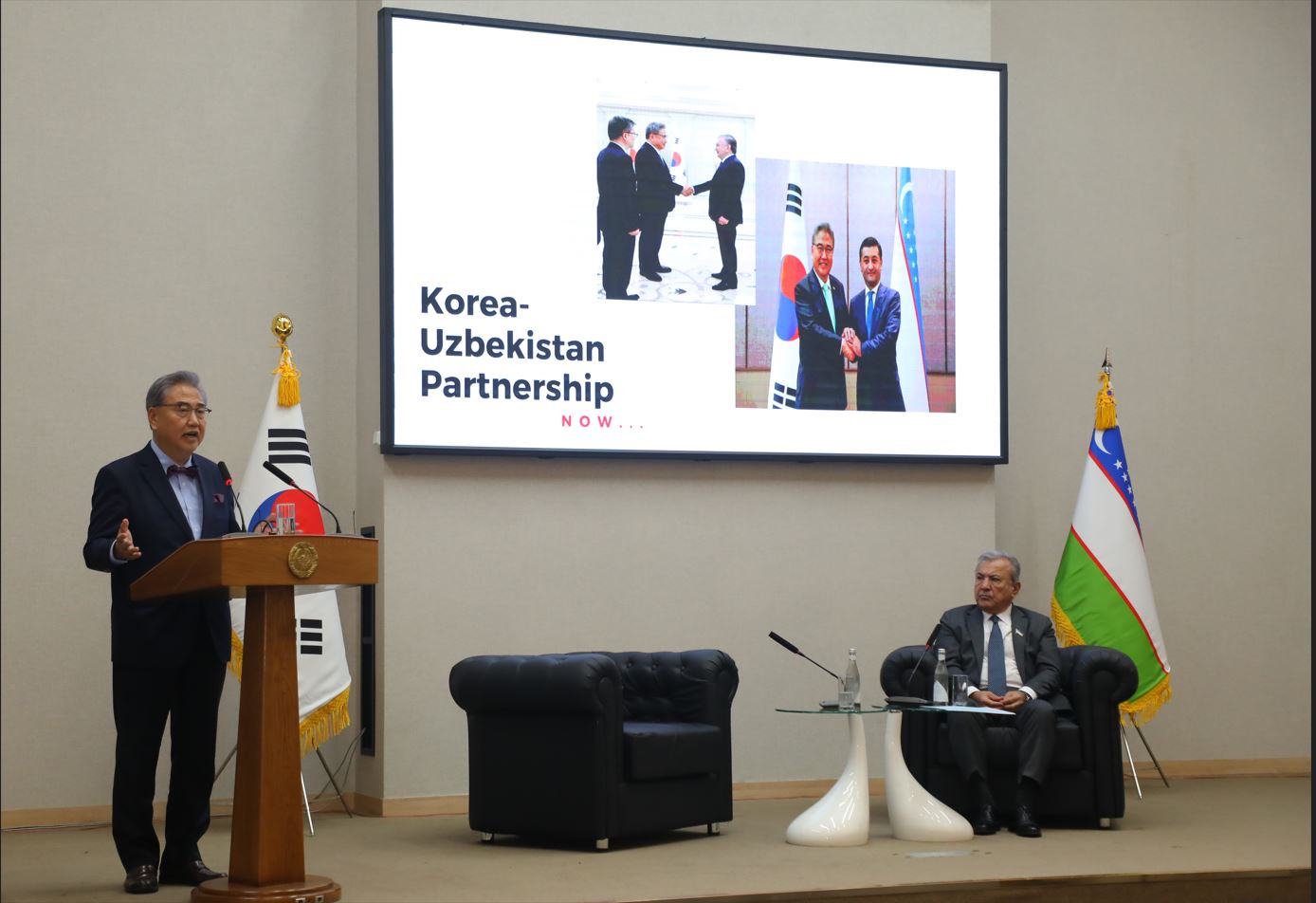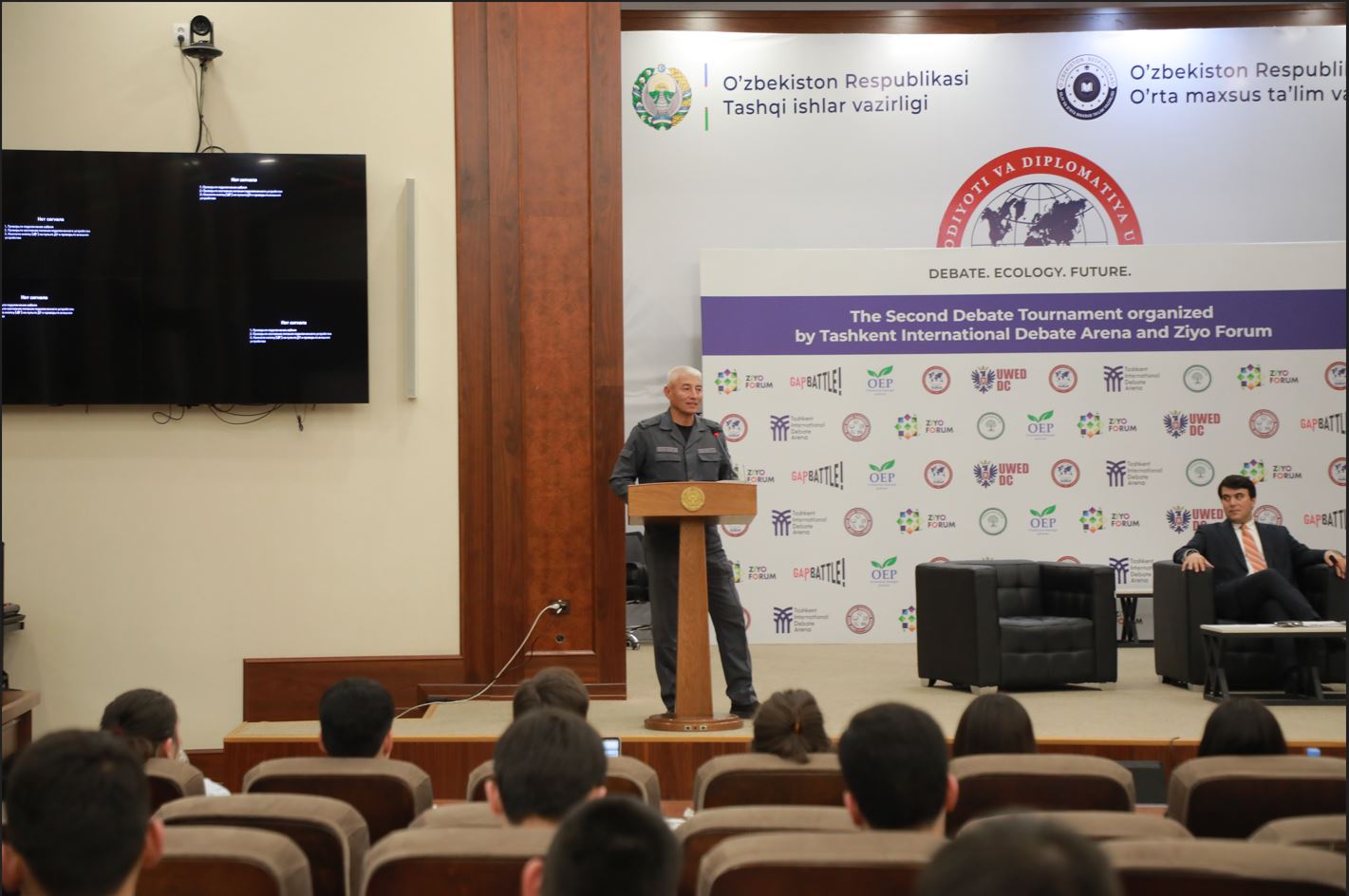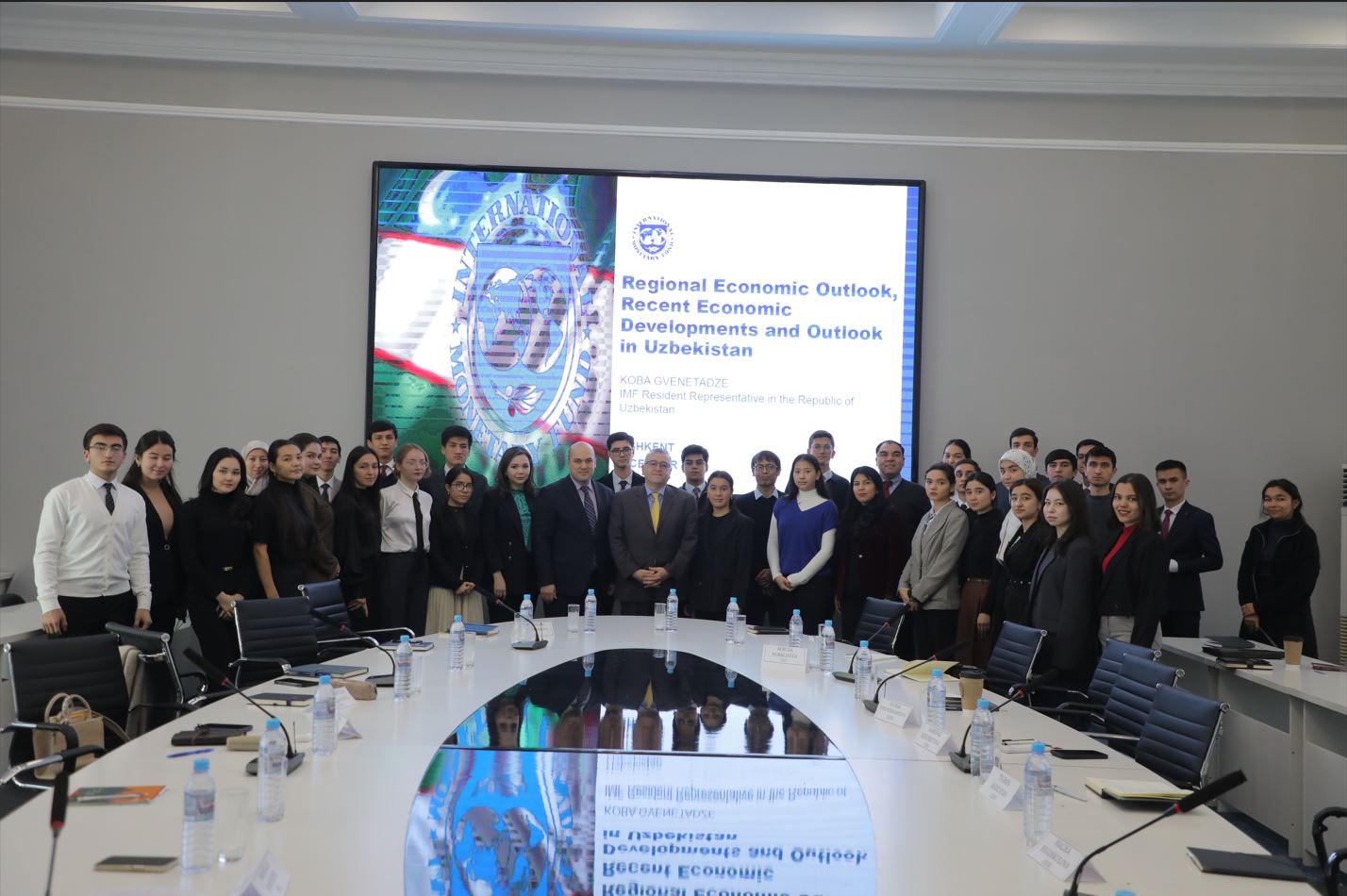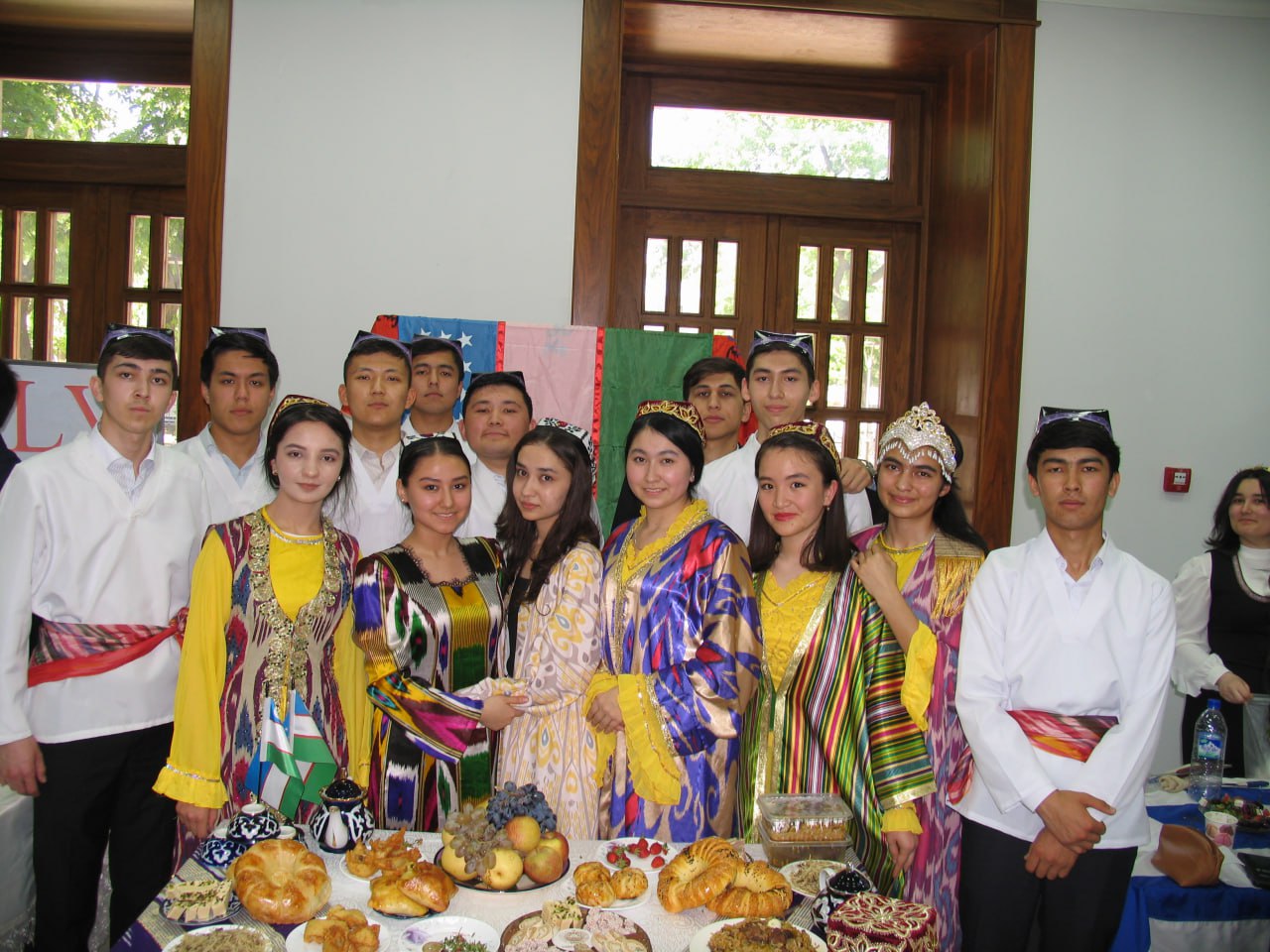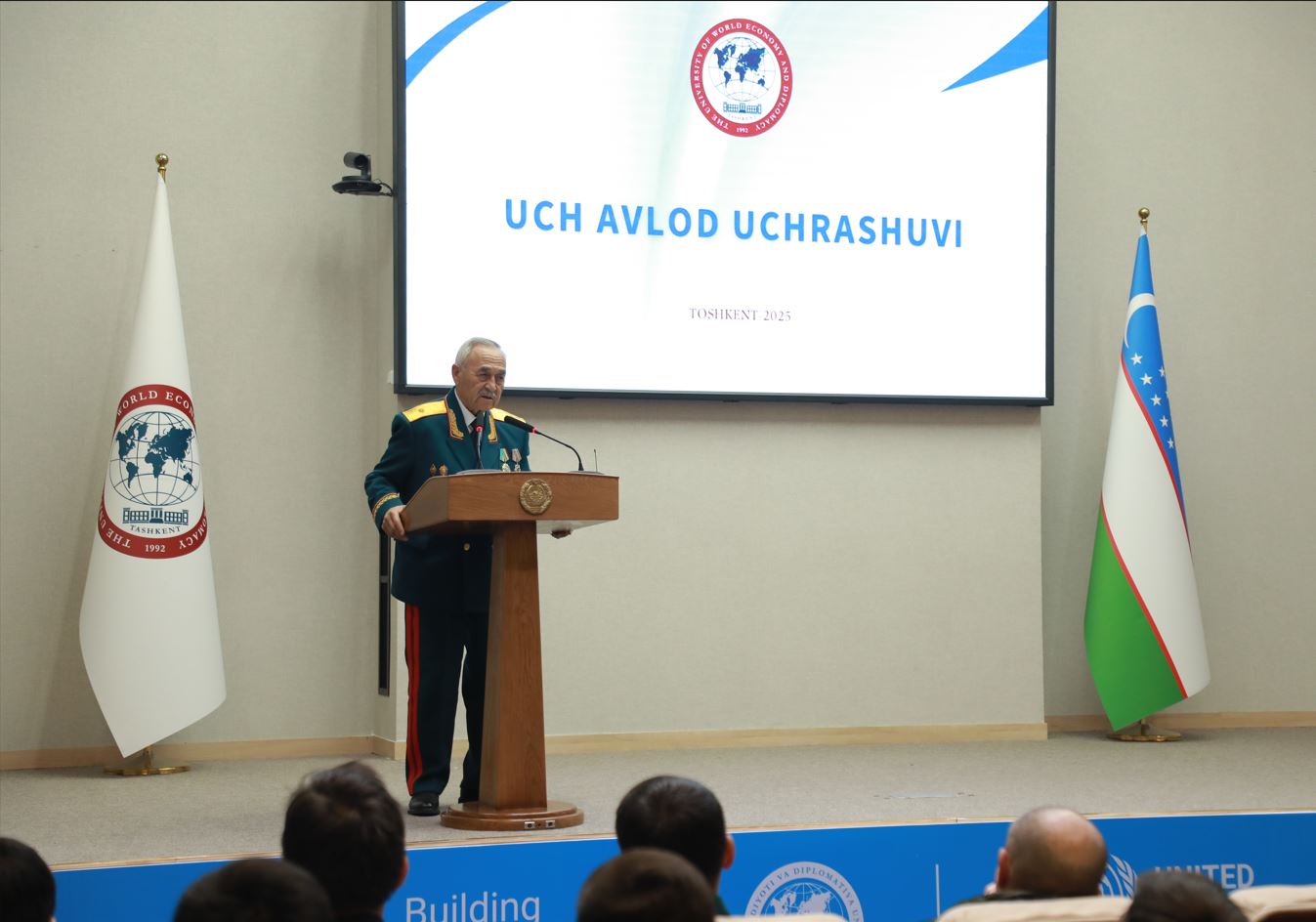
Roundtable Discussion on “Uzbekistan – A Land of Interethnic Harmony and Religious Tolerance”
Roundtable Discussion on “Uzbekistan – A Land of Interethnic Harmony and Religious Tolerance”
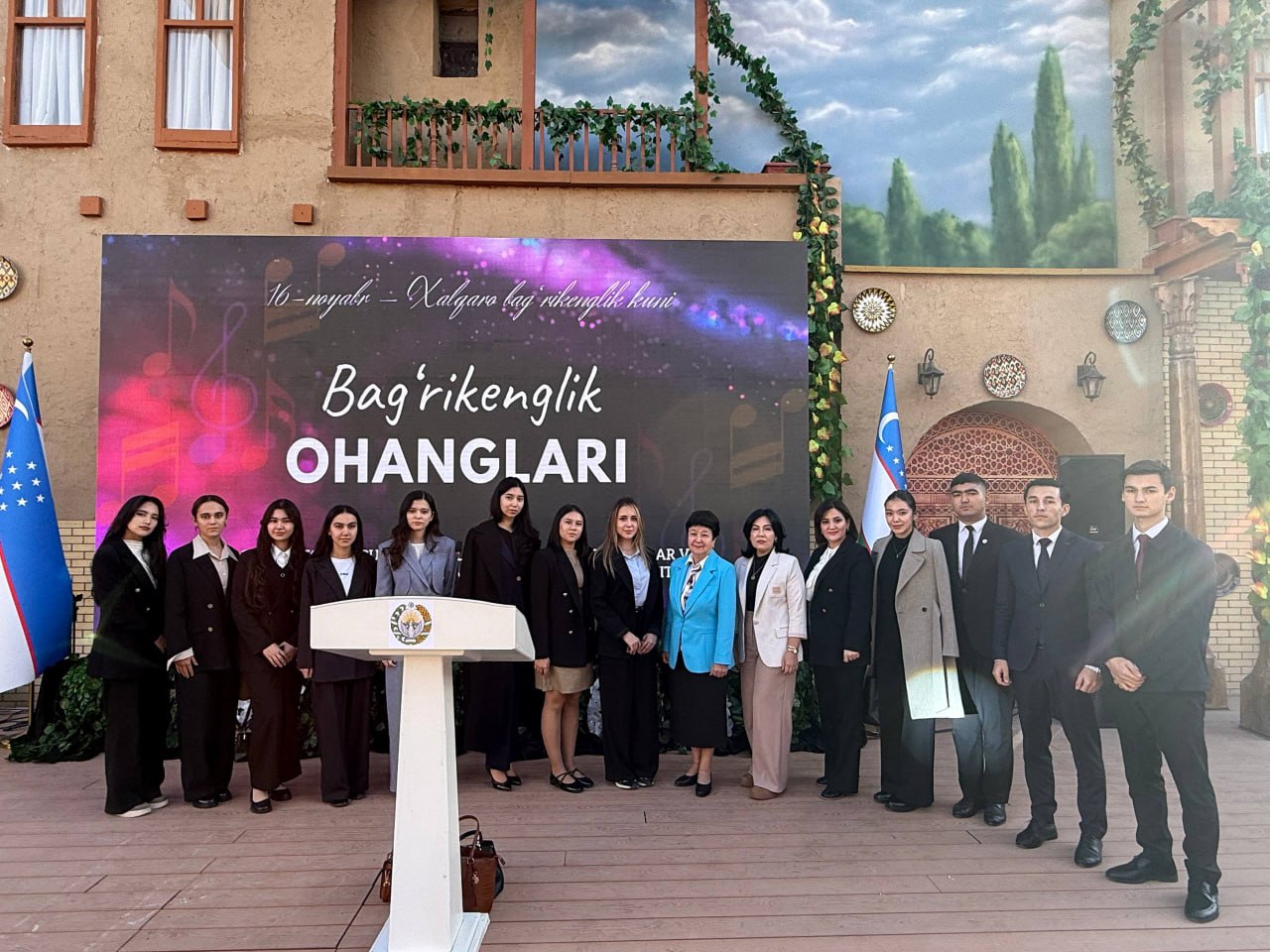
On November 14 of this year, a roundtable discussion titled “Uzbekistan – a Land of Interethnic Harmony and Religious Tolerance” was held at the University of World Economy and Diplomacy in cooperation with the SCO Center for Public Diplomacy in Uzbekistan.
The main purpose of the event was to widely promote initiatives and ideas aimed at further strengthening in society the principles of mutual respect, harmony, and solidarity. The discussion was dedicated to the following international documents: the UN General Assembly Resolution “Education and Religious Tolerance” (2018), the Resolution on the “International Day of Dialogue between Civilizations” (2024), as well as the International Day for Tolerance.
The roundtable was attended by citizens representing various nations and ethnic groups, representatives of public organizations, youth, and specialists in the relevant field.
A representative of the Committee on Religious Affairs of the Republic of Uzbekistan, Deputy Chairman of the Muslim Board of Uzbekistan, Muhammadolim Muhammad Siddiqov, addressed the participants and spoke about the reforms being carried out in the country to strengthen interethnic harmony and interfaith cohesion, as well as about the practical manifestations of religious freedom and tolerance. He emphasized that mutual respect, friendship, and unity among representatives of different nationalities and religions are among the most important values of our state.
The Director of the Center, Qobiljon Sobirov, noted that the purpose of today’s event is to enhance mutual understanding through interfaith dialogue and public diplomacy, as well as to strengthen universal values that contribute to peace and sustainable development.
Professor of the University of World Economy and Diplomacy, Etibor Sultanova, stressed that public diplomacy is not only official interaction, but also a strong cultural and spiritual bridge that fosters trust and friendship among peoples. Religious tolerance, she noted, is one of the key conditions for preserving this bridge in a strong and sustainable manner.
The Chief Specialist of the Youth Affairs Office, S.Tillakhodjayeva, also delivered remarks, sharing her views on activities and initiatives aimed at developing a culture of tolerance among young people and promoting the ideas of interethnic harmony.
At the conclusion of the meeting, proposals and recommendations were put forward to further strengthen harmony and solidarity, as well as to promote a culture of tolerance among the youth.
